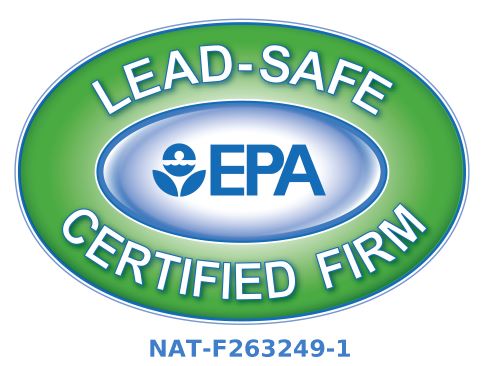
BEHIND THE SCENE

Hurricanes, tornadoes, earthquakes, wildfires, thunderstorms, and flooding—this is the season for severe weather and natural disasters. It is also the time of year for power outages as temperatures soar. So how do you prepare for so many unknowns? Honestly, you can’t. But you can be ready to deal with a lot by planning ahead. Read on for emergency preparedness tips.
Through the years, Team Athey & Remarkable Property Management have put together helpful tips to help our clients and tenants navigate extreme conditions. Of course you must plan according to your individual needs, but we believe our list is a good place to start.
1. Remember a cellular phone needs power to recharge. If the electrical grid is down in your area, you may run out of charge in a matter of hours. Therefore, it is a good idea to buy a battery backup for your phone in advance or to have a generator on hand. Note if your cellular phone is backing up to the WiFi it may not be able to call 911. Check with your service provider for details on your particular phone.
2. Make certain your Wireless Emergency Alerts are enabled. In the event of an emergency, most mobile devices receive these warning alerts from public safety officials automatically. However, some older model devices may not receive the alerts or may have to have the alerts enabled. Check the setting on your mobile device if you are not receiving them. Or check with your wireless provider to see if they can resolve the issue.
3. Be ready to evacuate on short notice. Have a medical kit, prescription medications, blankets, bottled water, and at least three days of non-perishable food ready to go. This is particularly important if you are under a hurricane, tropical storm, flood or wildfire alert. Also plan where you are going to evacuate to in advance and how you will get there. Don’t forget about pets. Plan in advance for their welfare and how you will transport them.
4. Invest in a battery-powered or hand crank radio so you can get updates on the weather or emergency situation even if the power goes out. Another option would be a NOAA Weather Radio as it broadcasts continuous weather information based on your physical location. It also broadcasts national security and public safety threats throughout the Emergency Alert System.
5. Make a basic disaster supplies kit. Think of all the items that might come in handy in an emergency situation and keep them in a convenient location or box. Examples: flashlight (with extra batteries), water main key, wrench, pliers, manual can opener, garbage bags, plastic sheeting and duct tape.
6, Gather passports, home insurance, and medical information. Place the documents in a waterproof ziplock bag so they will be ready to pack on short notice. Then in the event you need the information you will have it at your fingertips.
We might also add it is a good idea to keep your car’s tank on full or at least above the halfway mark and to always have a certain amount of cash on hand.
I’m Suzanne Athey, founder of Team Athey & Remarkable Property Management. I hope you found this post informative and that it has inspired you to plan ahead for extreme conditions in your area. If you’d like to know more about emergency preparedness or other ways we strive to help our real estate clients, call me at 469-916-1222 or email me at suzanne@teamathey.com. I’d love to visit with you and answer all your questions.










